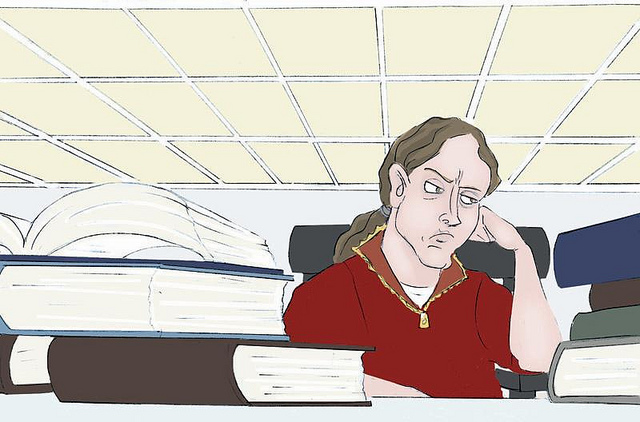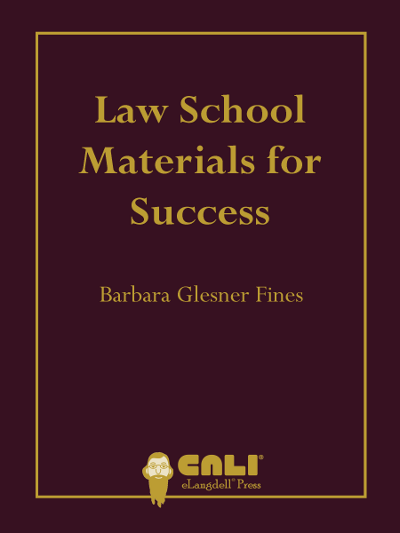Mid-Semester Blues….
 We’re just about at the half-way point for the Fall Semester, which for law students means it’s time to get serious about understanding and organizing class materials and notes. Remember – no matter how smart you are, you’re not going to be able to learn all of this stuff the night before your final exam.
We’re just about at the half-way point for the Fall Semester, which for law students means it’s time to get serious about understanding and organizing class materials and notes. Remember – no matter how smart you are, you’re not going to be able to learn all of this stuff the night before your final exam.
- Read more about Mid-Semester Blues….
- Log in or register to post comments

 We're just about at the half-way point for the Fall Semester, which for law students means it's time to get serious about understanding and organizing class materials and notes. Remember - no matter how smart you are, you're not going to be able to learn all of this stuff the night before your final exam.
We're just about at the half-way point for the Fall Semester, which for law students means it's time to get serious about understanding and organizing class materials and notes. Remember - no matter how smart you are, you're not going to be able to learn all of this stuff the night before your final exam.
 Has this happened to you? You're settling in for a nice long session on CALI to study (or maybe you're a professor getting ready to create some LessonLinks.) You go to log into the site and....password denied.
Has this happened to you? You're settling in for a nice long session on CALI to study (or maybe you're a professor getting ready to create some LessonLinks.) You go to log into the site and....password denied.
 Does your law school have a Library Fair? Or a Database Day? How about a Faculty Brown Bag Series? Or are you in a metropolitan area with some other law schools and you want an excuse to meet with the faculty and staff of them?
Does your law school have a Library Fair? Or a Database Day? How about a Faculty Brown Bag Series? Or are you in a metropolitan area with some other law schools and you want an excuse to meet with the faculty and staff of them?

 The past few weeks have been busy. So many things to do, so many new people to meet, new classes and new schedules. Is there something that you’re forgetting? Something like, oh, I don’t know…..
The past few weeks have been busy. So many things to do, so many new people to meet, new classes and new schedules. Is there something that you’re forgetting? Something like, oh, I don’t know…..
 Did you know CALI has resources that not only help you learn the law, but also ones that help you learn how to be a better student? It’s true!
Did you know CALI has resources that not only help you learn the law, but also ones that help you learn how to be a better student? It’s true!